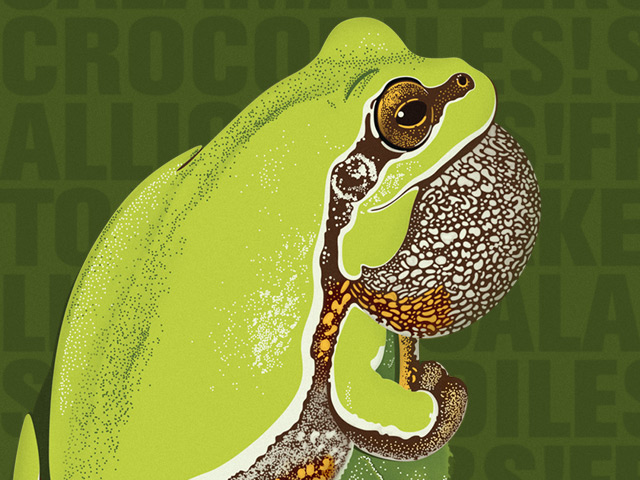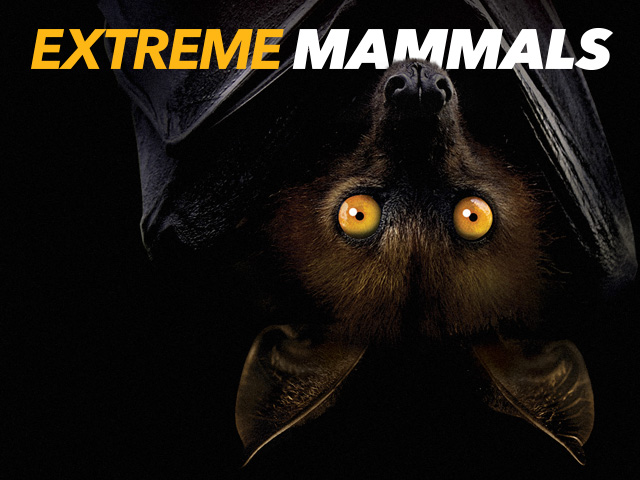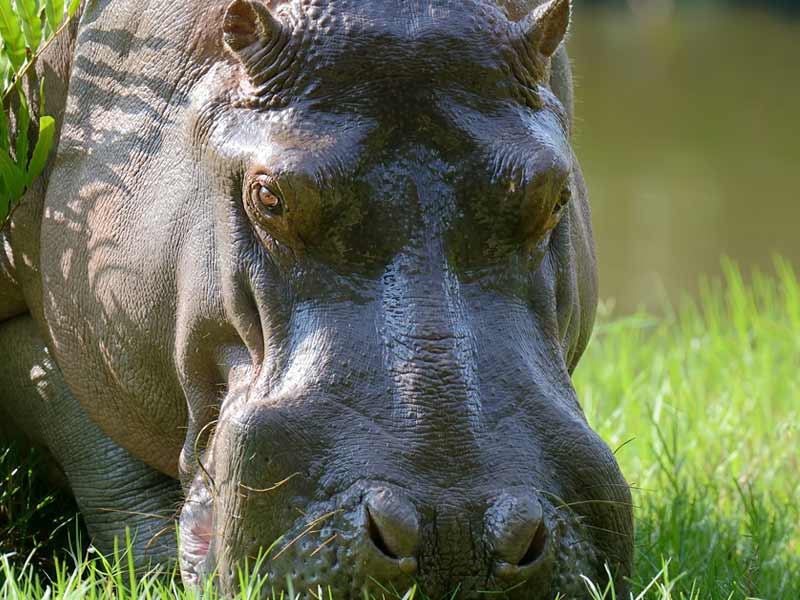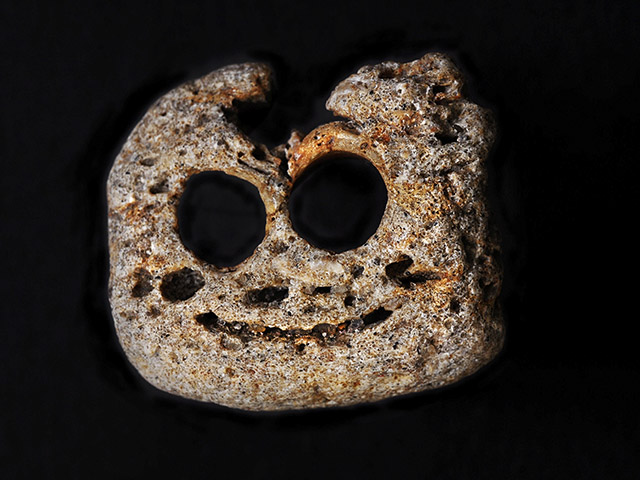
Museum features freaky (and not-so-freaky) frogs at 22nd annual Reptile & Amphibian Day, Mar. 12
March 1, 2016
RALEIGH — It might not be easy being green, but it surely isn’t easy being a brown frog with fangs either. Even Miss Piggy would agree, Kermit has nothing on frogs that fly, frogs that scream, and gladiator frogs that battle each other with bizarre weapons. Find out more about the world of freaky (and… Read More >

Museum’s “Extreme Mammals” exhibition now in its final weeks
RALEIGH — Through March 27, visitors can explore the surprising and sometimes bizarre world of “Extreme Mammals: The Biggest, Smallest, and Most Amazing Mammals of All Time,” the current featured exhibition at the North Carolina Museum of Natural Sciences. Inspect oversized claws, massive fangs, extraordinary snouts, amazing horns, and other traits that make these mammals… Read More >

Museum pits giant flying turtle against alien calamari for First Friday kaiju death match
February 24, 2016
RALEIGH — Gamera! You are strong Gamera! But are you strong enough to resist attacking Tokyo while under the power of an alien with a remote control? Only one way to find out. Watch the fanged but friendly giant turtle in “Destroy All Planets,” on the big screen at the North Carolina Museum of Natural… Read More >

Museum presentation reveals why hippos are Africa’s greatest killer
February 22, 2016
RALEIGH — Though hippos are often cited as killing more people than any other animal in Africa, human-hippopotamus conflict has rarely been studied. Discover the real story of this conflict and why it is an important issue for hippo conservation, when the North Carolina Zoo’s Corinne Kendall presents “Africa’s Greatest Killer? Understanding Human-Hippopotamus Conflict,” at… Read More >

North Carolina marine fossil portraits debut at Nature Art Gallery
February 8, 2016
RALEIGH—The North Carolina Museum of Natural Sciences’ Nature Art Gallery presents “Beach~Headz: North Carolina Marine Fossil Portraits,” by Rick Jackson, First Friday, February 5 through February 28. Jackson will attend a reception in his honor on opening night from 6 to 8 p.m. inside the Gallery. Beach~Headz are naturally formed faces in the eroded shells… Read More >

